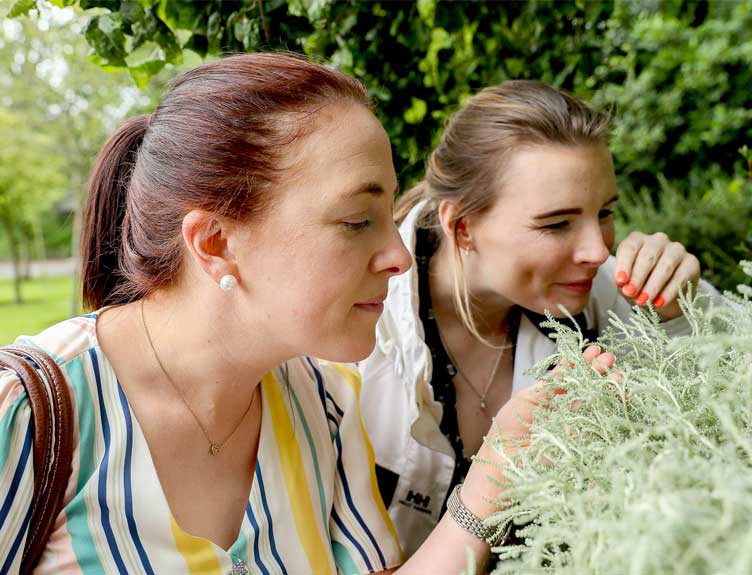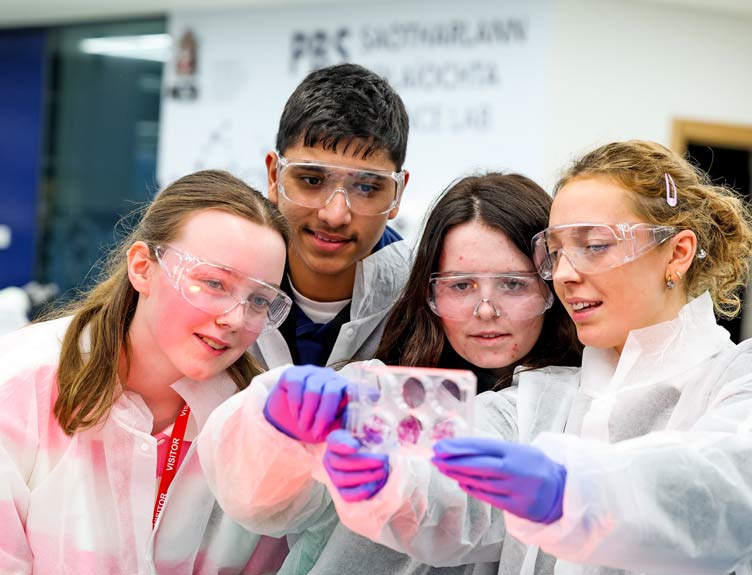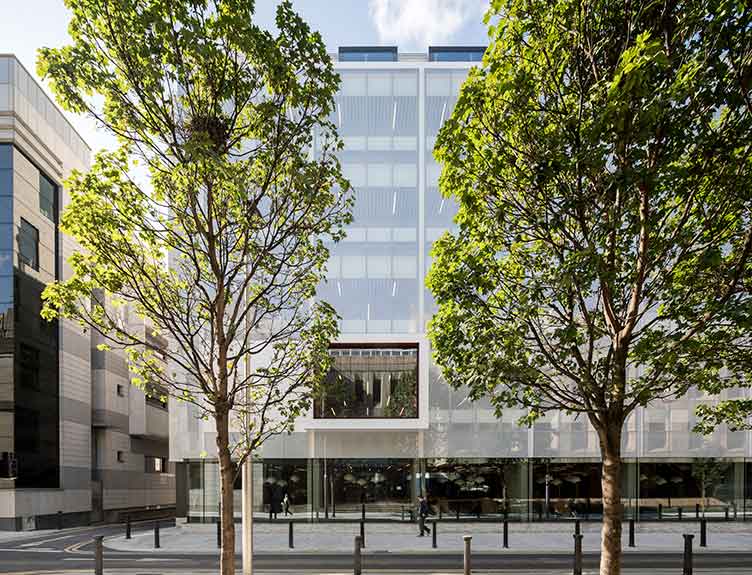RCSI celebrate 10 years of bringing the teaching of STEMM to life for teachers

RCSI this week marked 10 years of educating primary teachers in science through the Primary Science for Teachers initiative (PSTI).
The initiative aims to encourage and promote science education at primary level, by supporting teachers in the delivery of science-based educational activities in primary schools.
The PSTI is run each year as part of the REACH RCSI programme, a unique local community engagement and access programme, aimed at encouraging young people’s interest in science, technology, engineering, maths and medicine (STEMM), facilitating third level participation and enhancing life chances for those underrepresented at third level. 250 primary school teachers have completed the PSTI since 2009, bringing science-based learning and activities back to the classrooms of over 6,000 students.
Held at RCSI’s York Street campus, the five-day summer training programme for teachers consists of a series of workshop-based and practical activities. The modules are designed to complement the subjects currently taught as part of the primary science curriculum – Social, Environmental and Science Education (SESE) and Social, Personal and Health Education (SPHE). The theme of the programme is ‘The Senses’, with each day of activity focusing on one of the five human senses.
The daily workshops, facilitated by RCSI’s PSTI team – Maria Kelly, Dr Maria Morgan, Dr Marc DeVocelle, Dr Kenny Winser, and Eric Clarke bring programme participants through several simple experiments or hands-on activities that can be replicated in the classroom at a low cost, with little or no additional resource requirement. The activities are designed to be simple enough to modify to suit students of all ages and levels.
“STEMM subjects are hugely important, and not just in the classroom. The pace of change which scientific and technological advances have brought, even in the last decade alone, makes knowledge of these areas central to all our lives,” said Maria Kelly, RCSI REACH Programme Manager.
“STEMM research is a key part of what happens at RCSI each day and we want to ensure that our facilities and resources are accessible to others beyond our doors. This programme allows us to support the educators of today and the scientists and researchers of tomorrow.
“The objective of the PSTI is to support teachers in delivering STEMM in the classroom by facilitating experiential learning, in a research environment. The approach of learning through doing is also one which we hope will inspire them and their students on their return to the classroom,” she added.



